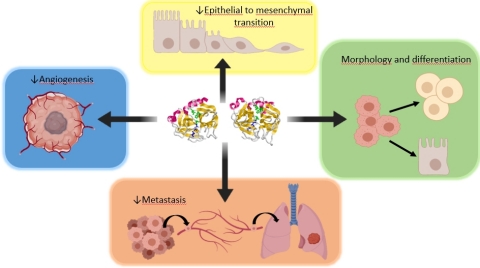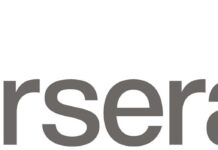MELBOURNE, Australia– Propanc Biopharma, Inc. (OTCQB: PPCB) (“Propanc” or the “Company”), a biopharmaceutical company developing novel cancer treatments for patients suffering from recurring and metastatic cancer, announced today that the Company’s scientific researchers, together with its joint research partners, Universities of Jaén and Granada, published key data in a peer reviewed journal, Expert Opinion on Biological Therapy, confirming the anti-tumor potential of a mixture of two pancreatic proenzymes trypsinogen and chymotrypsinogen. Treatment with proenzymes sensitizes cancer stem cells (CSCs) which may allow standard treatment approaches, like chemotherapy and radiotherapy to be more effective. Expert Opinion on Biological Therapy is a peer-reviewed medical journal covering research on all aspects of biological therapies. The article is entitled “Trypinsogen and chymotrypsinogen: potent anti-tumor agents,” and can be accessed via the link: https://www.tandfonline.com/eprint/MJ7Y7EWCJI9CHESREZUC/full?target=10.1080/14712598.2021.1922666
The article is the fifth scientific publication published on the effects of proenzymes in cancer and fourth published in a peer reviewed journal. The current research demonstrates that novel pancreatic proenzyme formulations exert the following effects on CSCs:
- Decreases cell proliferation and migration;
- Induces cell differentiation on CSCs to become benign;
- Impairs angiogenesis (tumor blood vessel formation); and
- Reduces the metastatic potential of CSCs.
“We continue to publish compelling scientific data confirming the effects of proenzymes against CSCs and its potential as a targeted therapy,” said Dr Julian Kenyon, Propanc’s Chief Scientific Officer, “There is currently significant interest in therapies that are not only more effective and less toxic, but critically, also support the immune function of patients. Given the current global pandemic situation, the risk of secondary infection in people afflicted with cancer undergoing chemotherapy of radiation is life threatening. This is yet another significant potential clinical application of proenzymes as a cancer treatment regimen.”
“It has been accepted in the medical community that pancreatic proenzymes exert significant effects on tissue repair inflammation and the immune system, but less understood in its role as an anti-cancer therapy, despite both phenomena being closely linked,” said Professor Macarena Perán, Department of Health Sciences, University of Jaén and Propanc’s Scientific Advisor. “Our research concludes that proenzymes as an adjuvant therapy in cancer has proved to be a successful strategy for reducing tumor size and improving the survival rate. These observations have tremendous potential clinical applications for late-stage cancer patients suffering from solid tumors. My team and I remain determined to assist the Propanc Team introducing this new approach to the medical and scientific community.”






